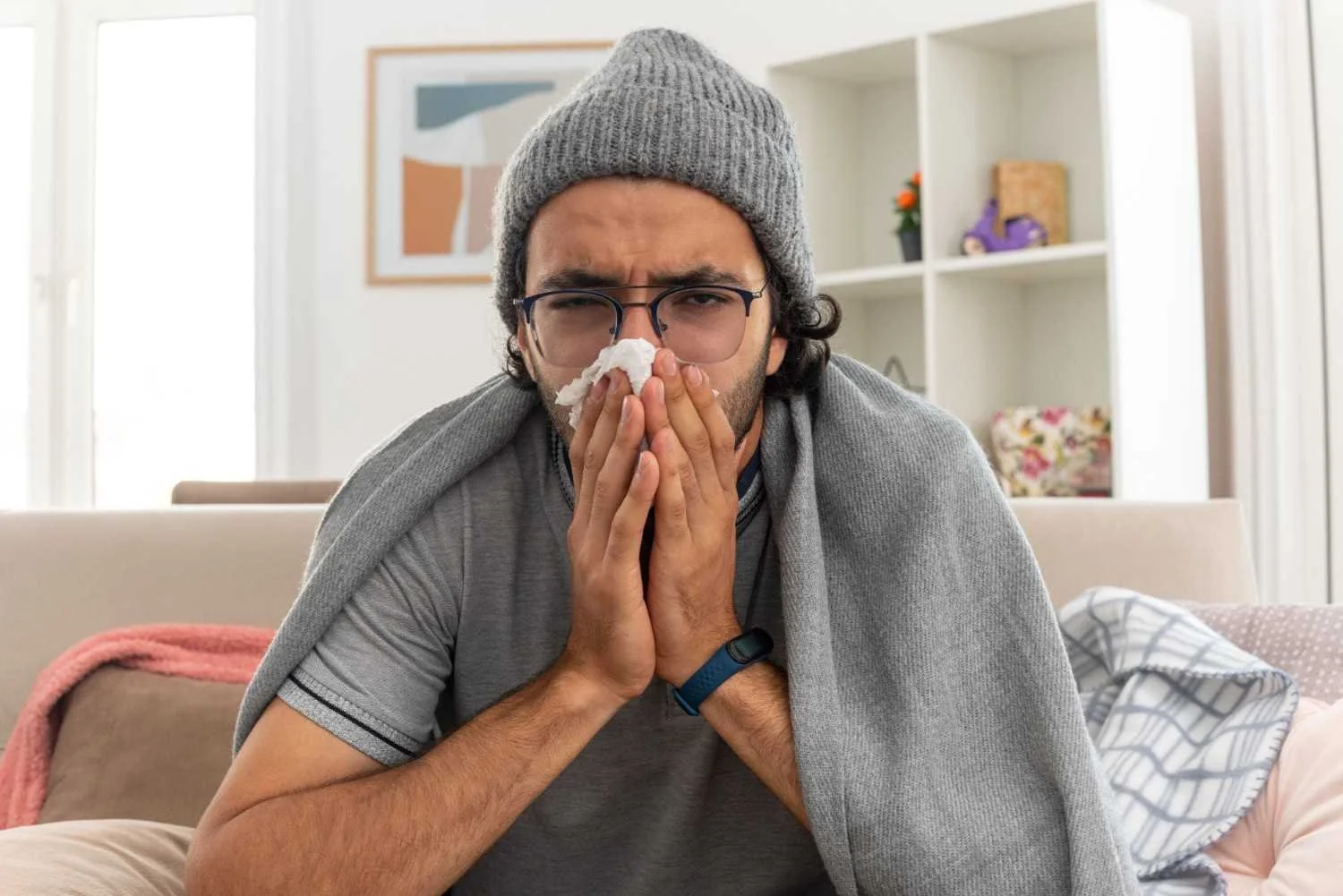Typhoid Symptoms, Causes, & Treatment: What You Need to Know
Typhoid fever is a serious illness caused by a type of bacteria called Salmonella Typhi. It spreads through contaminated food and water, especially in areas with poor sanitation. In India, typhoid cases often rise during the monsoon season due to dirty or unsafe water. Knowing the symptoms, causes, and treatment options can help with early diagnosis and faster recovery.
What is Typhoid Fever?
Typhoid, also known as enteric fever, is an infection that mainly affects the intestines and can spread to the bloodstream if not treated in time. It usually happens when a person eats or drinks something that has been contaminated with the stool of someone who has the infection. Once inside the body, the bacteria multiply and spread, causing various health problems.
Symptoms of Typhoid
Typhoid symptoms usually appear 6 to 30 days after getting infected. They often start slowly and worsen if left untreated. Common signs include:
High fever that keeps rising
Tiredness and weakness
Stomach pain or cramps
Headache
Loss of appetite
Diarrhea or constipation
Dry cough
Mild skin rash (rose-colored spots)
Sweating and chills
If typhoid is not treated on time, it can lead to serious health issues like intestinal bleeding or even life-threatening complications.
Causes of Typhoid
Typhoid spreads through Salmonella Typhi bacteria. The infection is commonly caused by:
Drinking water that’s contaminated with sewage
Eating food prepared by someone who has the infection
Consuming raw or unwashed fruits and vegetables
During the rainy season, water sources often get polluted, especially in areas with poor sanitation, which increases the risk of typhoid.
How is Typhoid Diagnosed?
Early detection is very important to treat typhoid properly. Doctors usually recommend these tests:
Blood test to detect the bacteria
Widal test to check for antibodies
Stool or urine test to find the infection
These tests help confirm the disease and guide the doctor in deciding the best treatment plan.
Typhoid Treatment
Typhoid fever is treated using antibiotics that kill the bacteria. Common medicines include:
Ciprofloxacin
Azithromycin
Ceftriaxone
The type of antibiotic may change depending on the patient’s age, health, and whether the bacteria is resistant to certain drugs. It’s very important to take the full course of medicine to completely remove the infection.
In serious cases, patients may need to be admitted to the hospital for IV fluids, medication, and proper rest. Drinking lots of fluids and eating nutritious food can also help in faster recovery.
How to Prevent Typhoid
Typhoid can be prevented by following basic hygiene and food safety practices:
Drink clean water: Use boiled or bottled water.
Eat safe food: Avoid raw vegetables and fruits unless you wash or peel them yourself.
Wash your hands: Always use soap before eating and after using the toilet.
Get vaccinated: Typhoid vaccines are available, especially for people travelling to high-risk areas.
Typhoid Care at JMCH: Trusted Experts in General Medicine
At JIET Medical College & Hospital, Jodhpur (JMCH), we have a dedicated team of experienced doctors in our General Medicine department who specialise in treating typhoid fever. From accurate diagnosis to complete treatment and follow-up care, we ensure that every patient receives compassionate and effective medical attention. Your health and safety are our top priority, and we are fully equipped to manage both mild and severe cases of typhoid.




